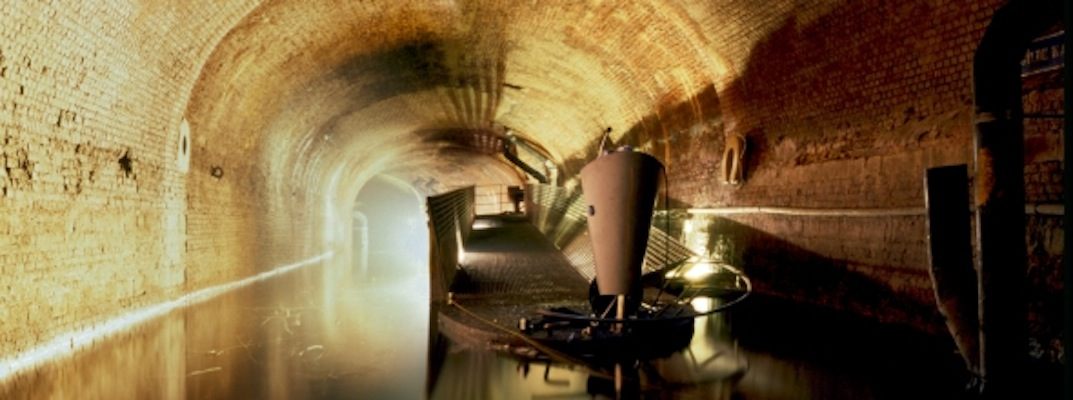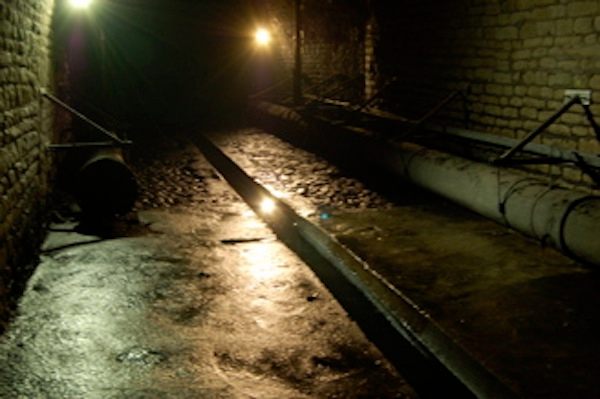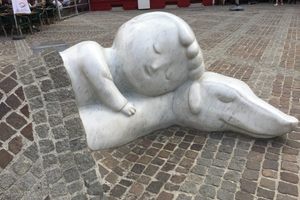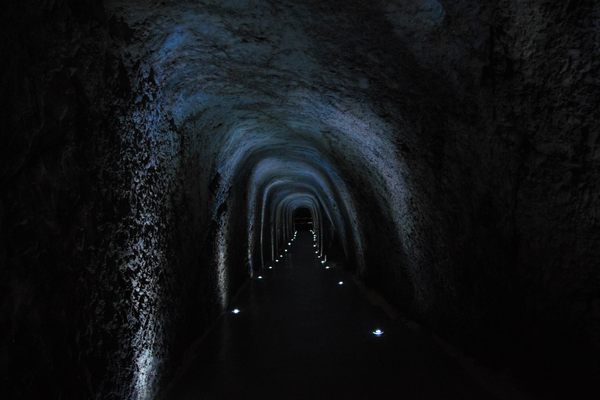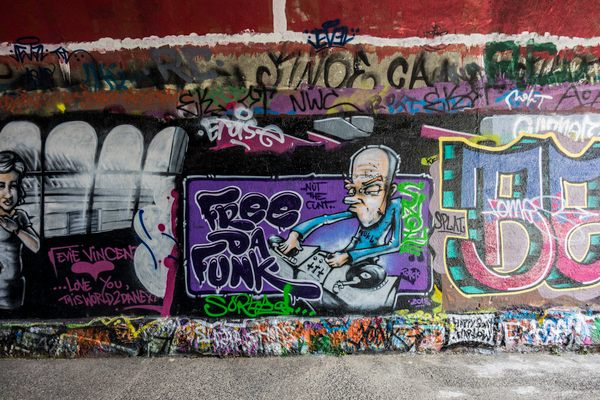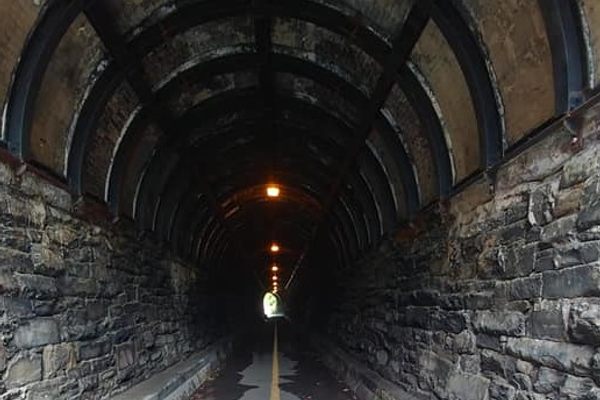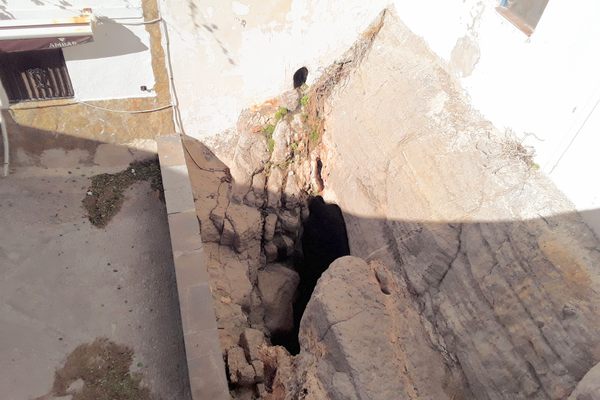About
The Belgian city of Antwerp began as a small settlement built on a series of low hills which formed a series of canals in their depressions, and after centuries of building and waste-dumping, these canals formed the Antwerp Ruien.
From the beginning, the natural canals in-between the hills would fill with water as the level of the nearby river Scheldt rose and they would empty once again when the river receded. In the early days of the city, these waters were used for transport, defense, and as a local resource. However as the city grew, the practice of using the canals as a place to dump waste, both human and otherwise, became more and more prevalent until the useful geographic forms became nothing more than a massive open sewer. Despite the ever-worsening stench, Antwerp continued to expand until the room on the small hills was all but taken. Finally, in the 16th-century, a solution to both the overcrowding and the exposed cesspools was presented.
The government began offering incentives to landowners who would build over any section of the canals on their land, putting the responsibility of the clean-up on the individual citizens, and creating more livable space over the canals. Thus over the next 300 years, the canals were covered, piecemeal, in a wild variety of styles and in a telling range of quality. Sections of the canals which ran through many of the poorer neighborhoods were covered in simple, cheap brick with a little eye towards architectural stability, while the sections which now run under more wealthy areas were built using more expensive materials and a precision design. Completed bit-by-bit over the years, it was not until the late 19th century that the entirety of the canals were covered, creating a massive series of tunnels running beneath the city.
The Antwerp Ruien has been outfitted with modern sewage piping and still acts as the city's sewer system and as a storm drainage overflow. Visitors to the city can also take part in tours through sections of the twisting, vaulted tunnels which stand as a testament to Antwerp's devotion to taking care of their own crap. Along the guided and interactive tour, visitors can learn about Antwerp's history on a 90 - 120 minute journey through the tunnels. And, yes, the smell is about as bad as you'd expect.
Related Tags
Community Contributors
Added By
Edited By
Published
November 19, 2013
Sources
- http://www.visitantwerpen.be/Bezoekerssite-EN/Visitors/to-do/Visitors-to-do-attractions/Visitors-to-do-attractions-ruien.html
- http://www.silentuk.com/?p=3300
- http://nl.wikipedia.org/wiki/Antwerpse_ruien
- http://www.foantje.com/the-antwerp-ruien/
- https://app.livethe.world/activities/The-Sewers-De-Ruien
